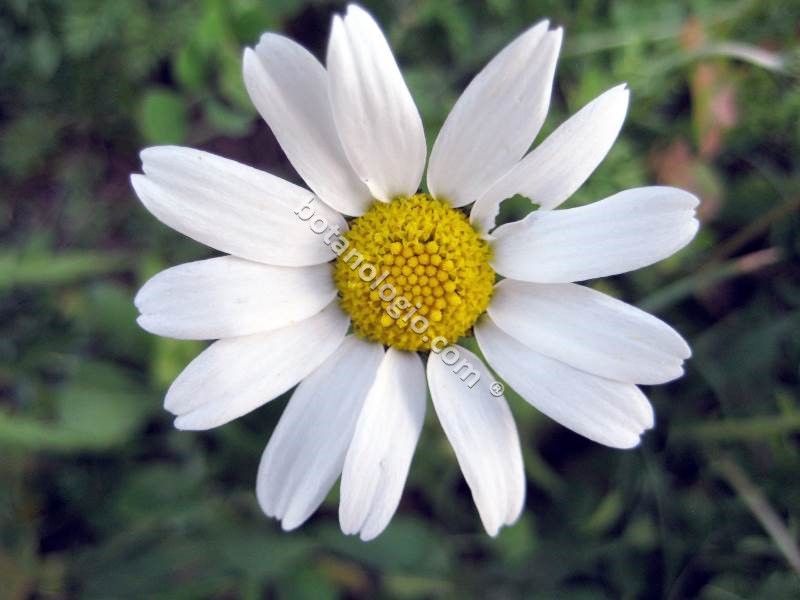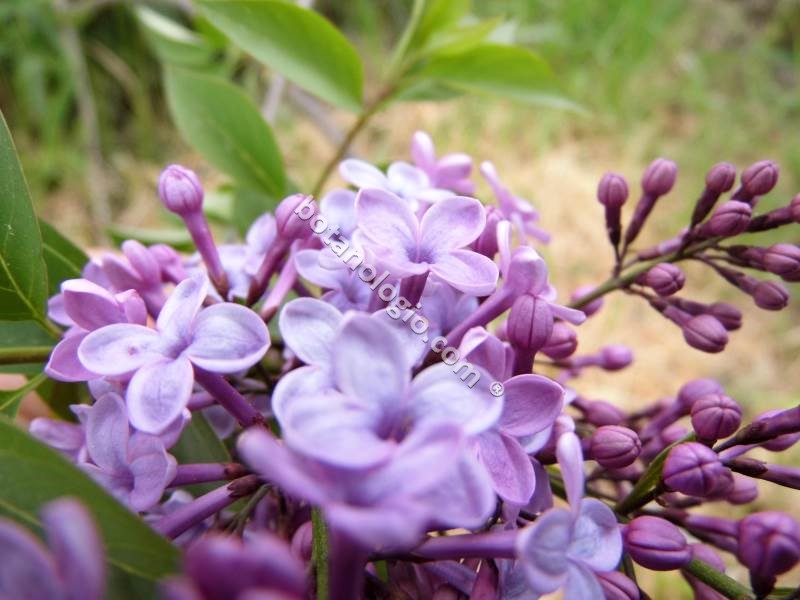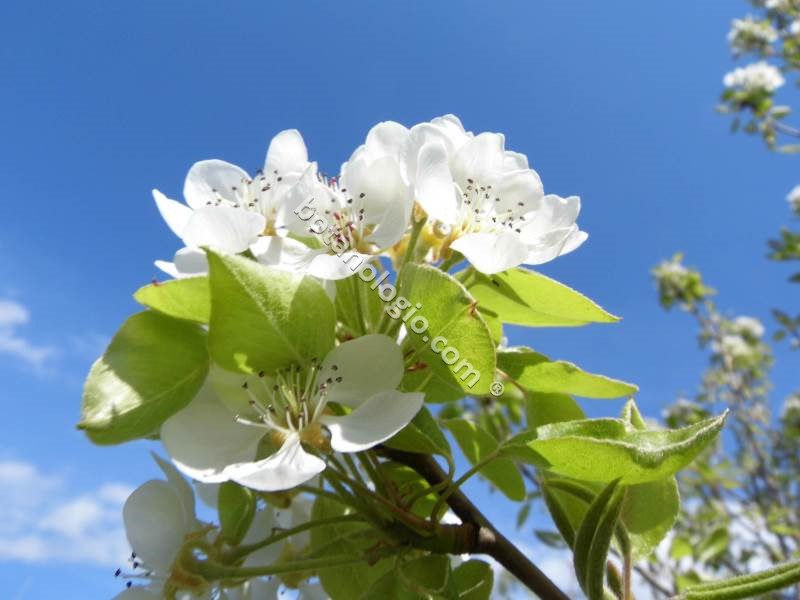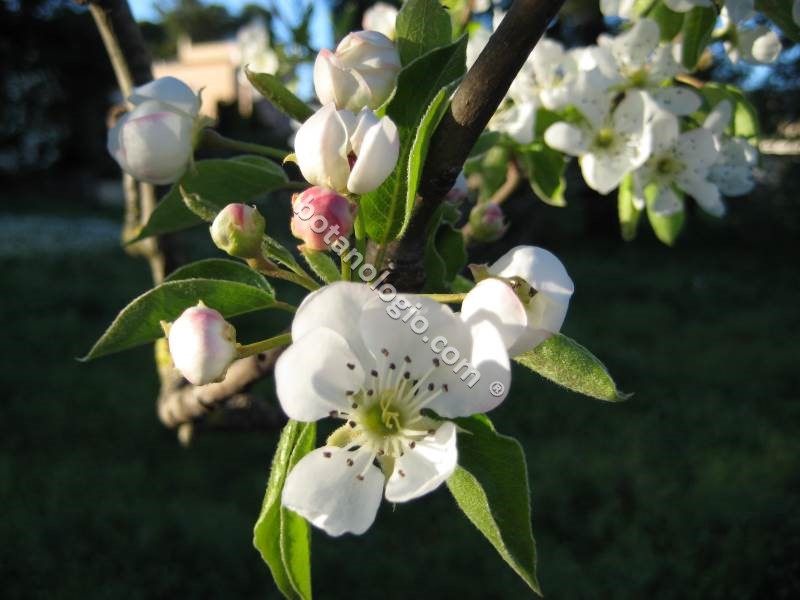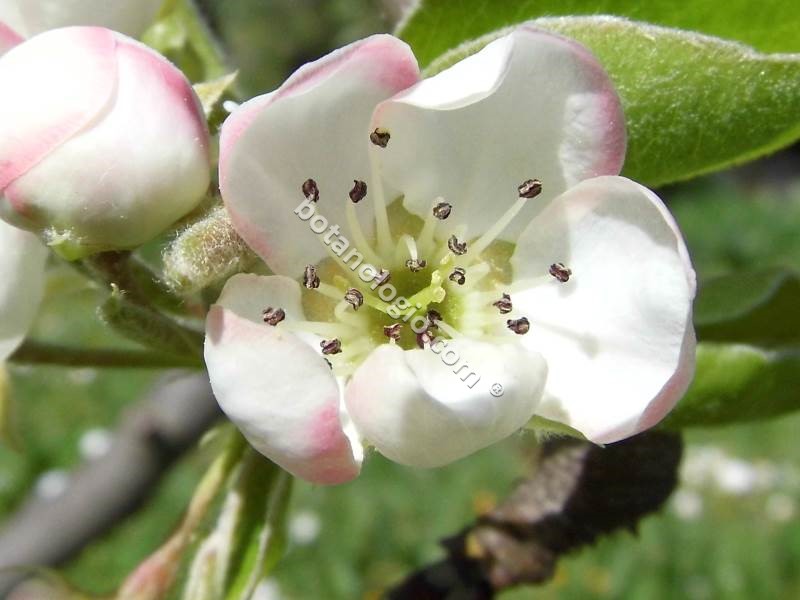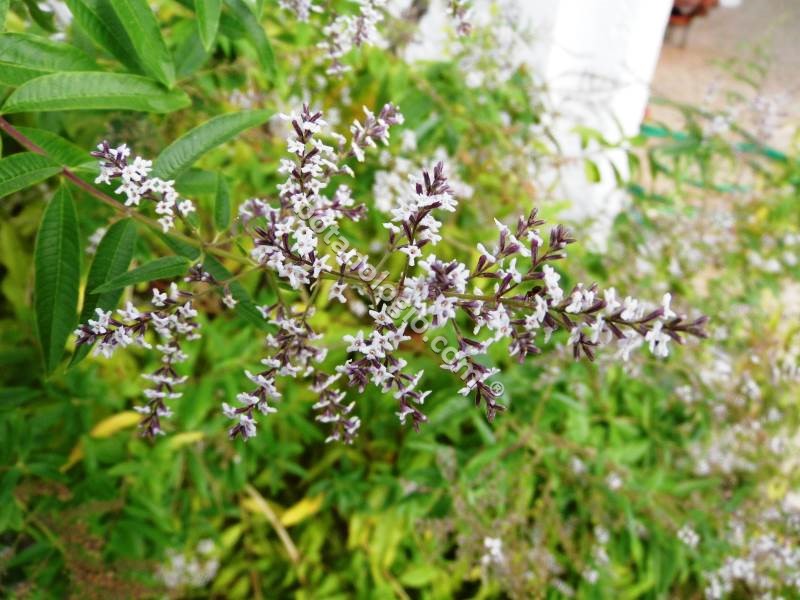Jasmine healing properties

One of the most important herbs and plants for the nervous system is jasmine, which is considered the king of essential oils, with many species in the family.
Starting from its offer on a spiritual and psychological level, the aroma of the jasmine essential oil immediately causes a feeling of euphoria, while offering confidence and optimism. In addition, it treats irritability and overexertion after an exhausting day, or during periods of intense stress.
With this effect on the nervous system, it is ideal in an aromatherapy device or in massage oil for treating symptoms of premenstrual syndrome, depression, apathy and insomnia.
A particularly popular fragrance for women, it is not accidental as it also helps with menstrual cramps, is aphrodisiac and contributes significantly to gynecological problems such as amenorrhea, dysmenorrhea, uterine pain and cramps, treatment of aphrodisiac diseases and promotes breast milk production.
As a natural analgesic, jasmine will relieve headaches and migraines, while as a mild anti-inflammatory it will relieve inflammation of the eyes and skin. For exactly the same properties, jasmine reduces arthritis pain, reduces inflammation and swelling, and protects wounds from bacterial infections. You can even do mouthwashes to protect the oral cavity from infections, bad breath and cold sores.
It is a natural anti-inflammatory and antiseptic, protecting against infections of the respiratory system, relieving dry cough and productive cough.
With the protection it offers to the immune system, jasmine protects against viruses and infections, soothes a severe cough and treats runny nose. Its antioxidant action, fights free radicals, preventing the appearance of cancer cells.
In relation to the digestive system, it significantly helps to improve digestion, enhances metabolism and contributes to weight loss and the treatment of fluid retention. At the same time, it detoxifies the digestive system and eliminates unnecessary toxins from the body through urination. It is believed that, due to its anti-cancer action, it protects against stomach cancer.
In addition, it improves blood circulation by lowering blood pressure and is thought to control blood glucose, protecting against diabetes. The reason is the high content of catechins in most types of jasmine tea. This ingredient helps reduce “bad” cholesterol, protects arteries from oxidation, lowers blood pressure. The result is a reduction in the chances of a heart attack or stroke. In connection with the protection against the occurrence of diabetes, jasmine metabolizes glucose in the blood, lowering it to normal levels.
It goes well with all citrus essential oils, such as orange, lemon, mandarine, grapefruit (exclusively at night as they are photosensitive) and rose, ylang ylang, ginger, marjoram, sage and geranium. Make sure you find as pure essential oil as possible, as the result and the aroma depend on the quality.
Jasmine tea is important to avoid during pregnancy, while people who are sensitive to caffeine should consume it until early in the afternoon, so as not to have sleep disorders. Large amounts cause stomach upset. The essential oil in oils and creams is not dangerous during pregnancy, always in the right dosages.
Read more about the nutritional value of jasmine and the cosmetic uses of jasmine!
antidepressant herbs, antioxidant herbs, anxiolytic herbs, expectorant herbs, herbs, herbs for arthritis, herbs for blood circulation, herbs for blood pressure, herbs for cholesterol, herbs for cough, herbs for diabetes, herbs for digestion, herbs for eyes, herbs for fluid retention, herbs for metabolism, herbs for the heart, herbs for weight loss, jasmine
